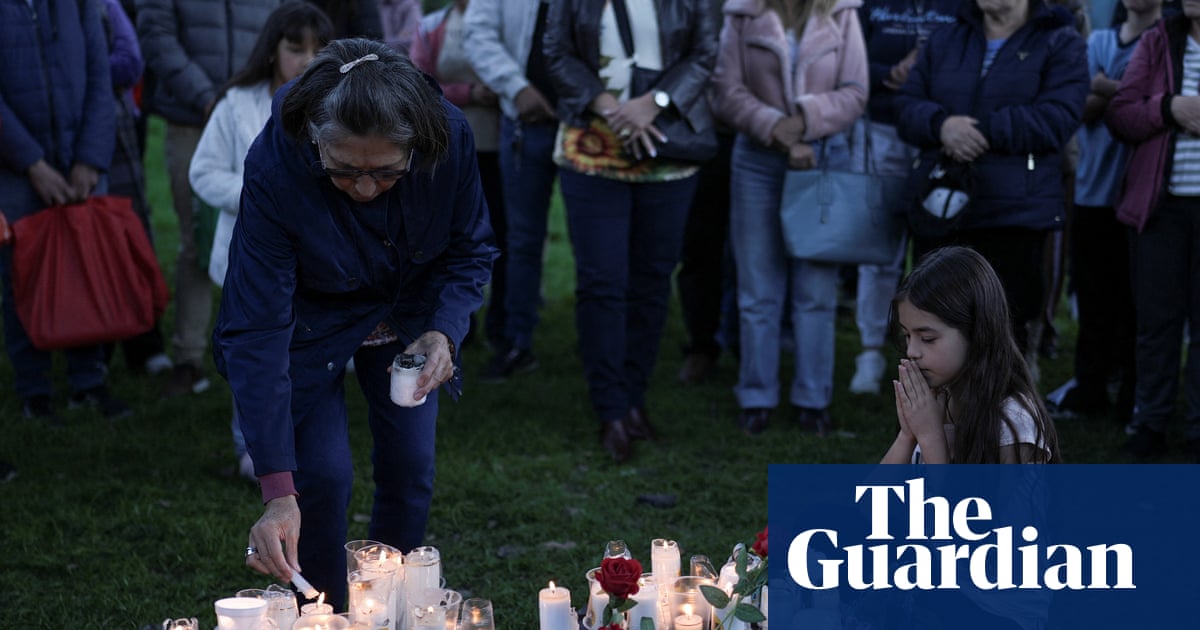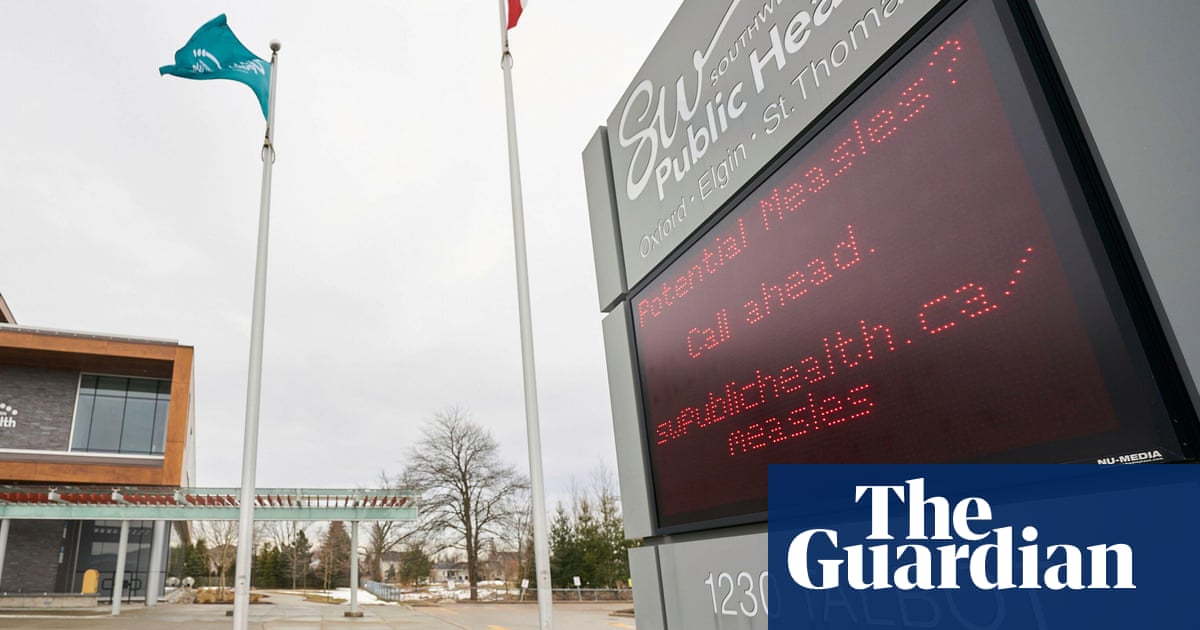Breast cancer diagnoses and deaths are projected to surge worldwide by 2050, the World Health Organization’s cancer agency has said, with cases in the UK to rise by 21% and deaths by 42%.
Globally, one in 20 women will be diagnosed with the disease in their lifetime, with cases up 38% and deaths up 68% over the next 25 years, according to an analysis by the International Agency for Research on Cancer (IARC).
There will be 3.2m new cases and 1.1m deaths a year worldwide by 2050 if current trends continue, the study found. In the UK, cases are expected to rise from 58,756 cases a year in 2022 to 71,006 cases a year in 2050. Deaths will jump from 12,122 a year in 2022 to 17,261 in 2050.
The findings were published in the journal Nature Medicine.
“Every minute, four women are diagnosed with breast cancer worldwide and one woman dies from the disease, and these statistics are worsening,” said the IARC scientist Dr Joanne Kim, one of the authors of the report.
“Countries can mitigate or reverse these trends by adopting primary prevention policies … and by investing in early detection and treatment.”
The projected increase in cases worldwide is probably due to a mix of factors, including a growing and ageing global population, improvements in detection and diagnosis, and a higher prevalence of known risk factors for the disease.
Factors that increase the risk of breast cancer include getting older, inherited faulty genes and a family history of the disease.
Globally, most breast cancer cases and deaths occur in women aged 50 and above, who account for 71% of new cases and 79% of deaths, the IARC said.
About a quarter of breast cancer cases can be prevented, the study’s authors said, for example by reducing alcohol intake, maintaining a healthy weight and becoming more active.
Breast cancer is the most common form of cancer in women worldwide but its burden is not evenly distributed. The IARC said diagnosis rates were highest in Australia and New Zealand, followed by North America and northern Europe, and lowest in Asia and Africa. However, death rates were highest in Melanesia and Polynesia, and in west Africa.
Over the last decade, incidence rates grew by 1% to 5% a year in 27 of 50 countries studied, the IARC said. Importantly, breast cancer mortality rates decreased in 29 of 46 countries analysed.
Dr Isabelle Soerjomataram, the deputy head of the IARC’s cancer surveillance branch, said: “Continued progress in early diagnosis and improved access to treatment are essential to address the global gap in breast cancer and ensure that the goal of reducing suffering and death from breast cancer is achieved by all countries worldwide.”

 3 months ago
67
3 months ago
67

















































